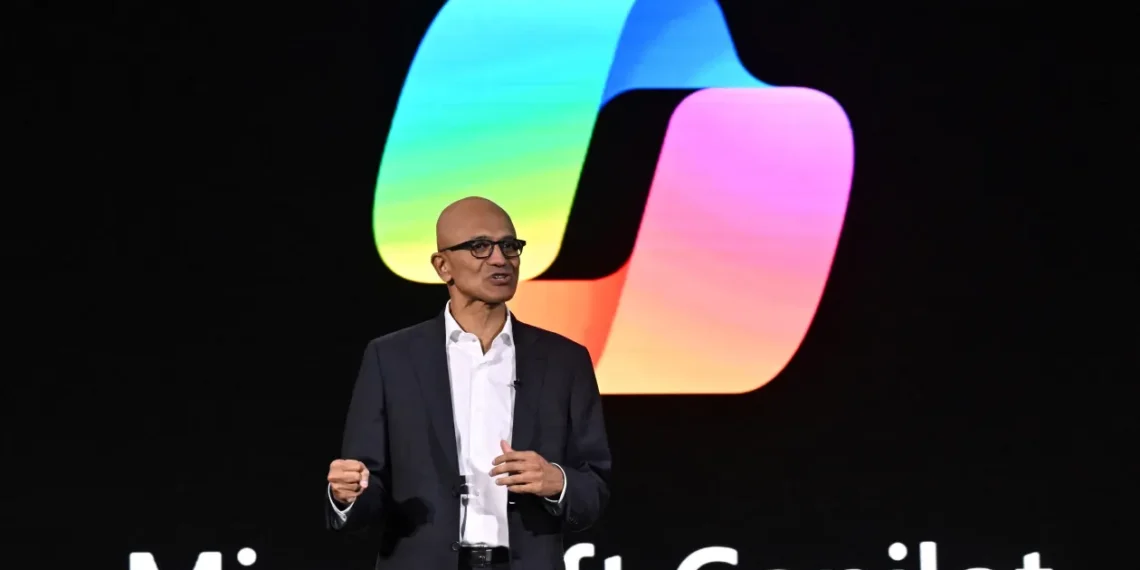SAN FRANCISCO (Realist English). Microsoft’s push to make its Copilot AI assistant a core tool for global enterprises is encountering growing resistance, as IT buyers question whether the product delivers enough value to justify its cost and as competitors rapidly strengthen their own AI offerings.
CEO Satya Nadella recently highlighted more than 150 million Copilot users across productivity, cybersecurity and coding, but conversations at the company’s Ignite conference revealed a more hesitant market. Consultants say some companies are scaling down or eliminating Copilot licenses altogether.
“Some customers want to go from 300 licenses to zero,” said Adam Mansfield of UpperEdge. “They’re saying, ‘I don’t even want it.’”
Launched at $30 per user per month, Microsoft 365 Copilot offers email summarization, presentation creation and data-driven insights. Yet many enterprises told CNBC that productivity gains are still too marginal to justify the expense. The return on investment remains ambiguous, slowing further adoption.
Microsoft also faces stronger competition. Google’s Gemini platform is winning converts — including a 16,000-employee firm that moved its email back to Google to fully adopt Gemini — while startups like Cognition and Cursor increasingly dominate AI coding tools and workflow automation.
Although Microsoft has occasionally offered discounts of up to 50% on Copilot, partners say the company is now stepping back from aggressive price reductions. A new $21 Business tier will launch in December for organizations with up to 300 users.
Still, Microsoft retains a significant structural advantage: more than 90% of Fortune 500 companies now use Copilot in at least some capacity. Large clients like Land O’Lakes and Pearson have expanded deployments, and Microsoft is integrating additional models — including Anthropic’s Claude suite — into Azure’s Foundry platform.
Internally, daily Copilot usage among Microsoft’s commercial sales, support and partner teams has jumped from 20% to 70% this year.
But analysts warn the company can no longer rely on incumbency alone. “Microsoft is trying to catch up,” Mansfield said. “Their sales reps actually now have to learn to sell.”


















